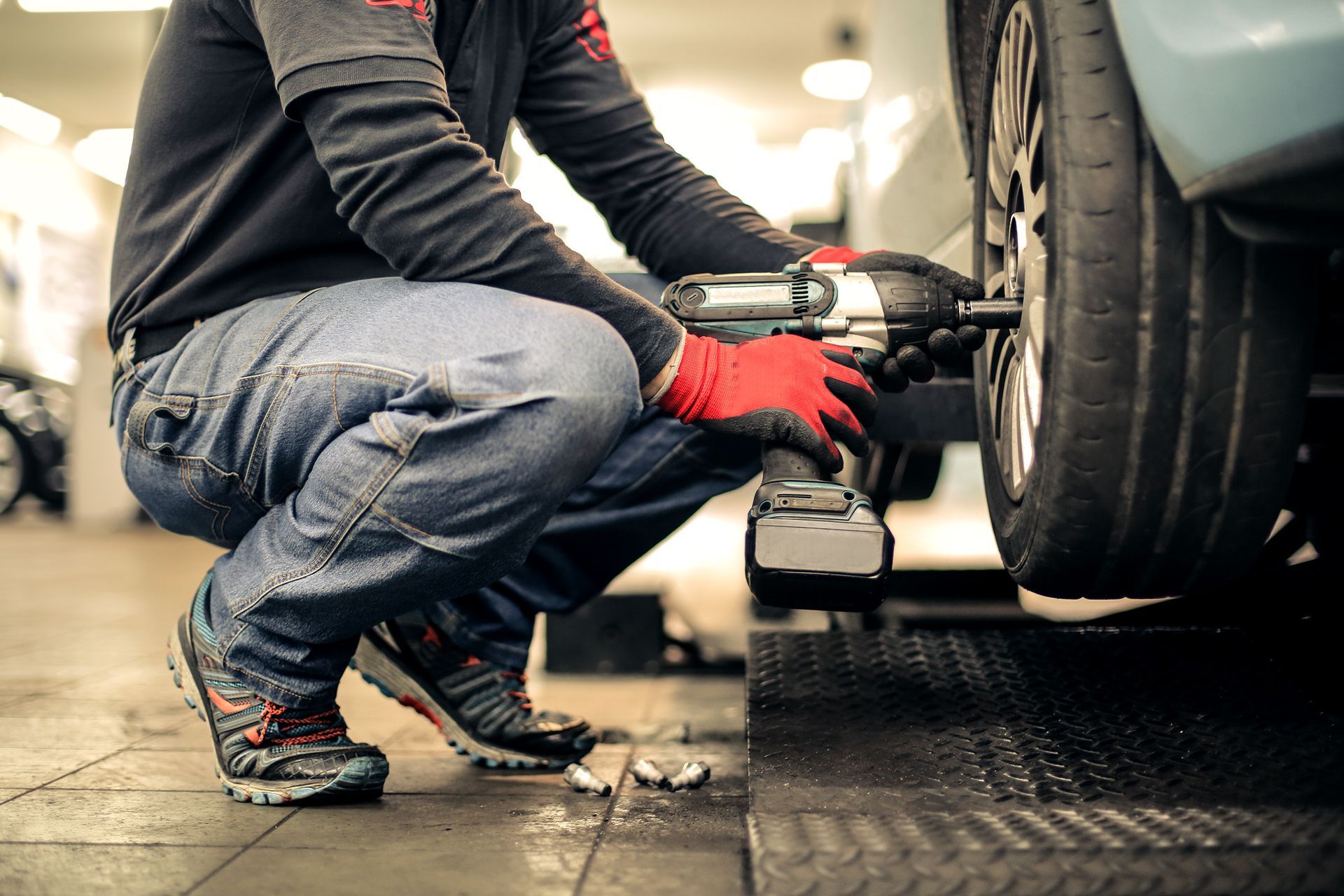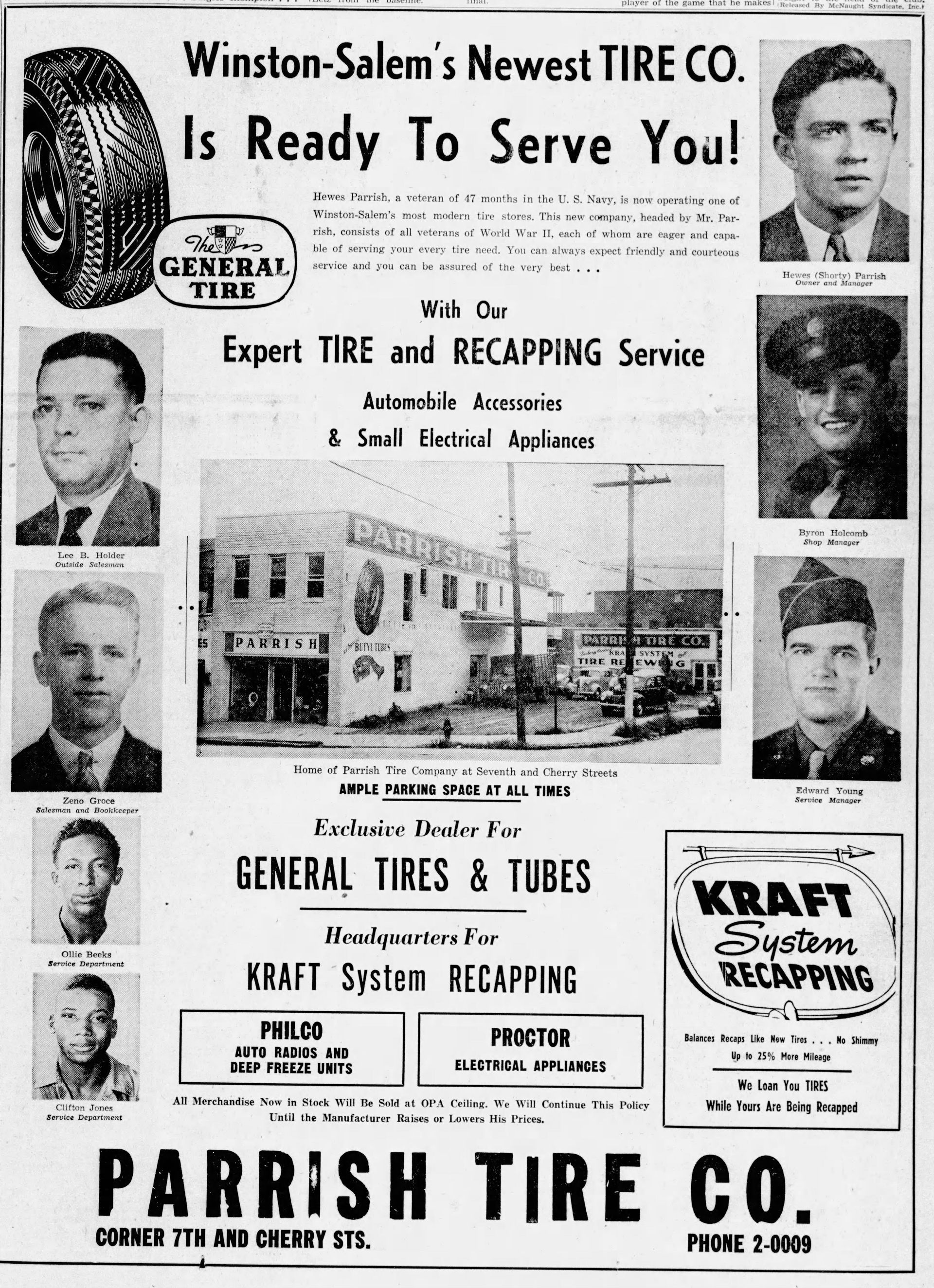How Often Should I Get My Tires Balanced?
Parrish Tire is a full service repair shop with locations around North Carolina. Our team offers many services including check engine light diagnostics, wheel alignments, tune ups, and much more. If you have any questions about your vehicle stop by our locations in Winston-Salem, Mt Airy, Dobson, Clemmons, and Jonesville, NC.
Importance of Tire Balancing
When it comes to vehicle maintenance, tire balancing is often overlooked, yet it plays a crucial role in ensuring a smooth and safe ride. Understanding the importance of tire balancing, its effects, and the need for regular maintenance can help prolong the life of your tires and improve overall driving performance.
Understanding Tire Balancing
Tire balancing is the process of equalizing the weight of the tire and wheel assembly so that it spins smoothly at high speeds. This is typically done by placing measured lead weights on the rim of the wheel to counterbalance any heavy spots.
Effects of Unbalanced Tires
Unbalanced tires can lead to a range of issues, including uneven tire wear, steering problems, and vibrations in the steering wheel or seat. These issues not only affect the comfort of your ride but can also compromise safety on the road.
Importance of Regular Tire Balancing
Regular tire balancing is essential for maintaining the overall performance and longevity of your tires. It helps prevent uneven tire wear, ensures proper vehicle handling, and promotes a smoother, more comfortable driving experience.
Signs That Your Tires Need Balancing
Recognizing the signs that your tires need balancing is crucial for addressing any issues before they escalate. Here are some common indicators to look out for:
Vibrations
If you notice vibrations in the steering wheel, seat, or floorboard, especially at higher speeds, it could be a sign that your tires are out of balance.
Uneven Tire Wear
Uneven tire wear, such as cupping or scalloping patterns, can indicate an imbalance in your tires. Regularly inspecting your tires for signs of abnormal wear is important for identifying balancing issues.
Steering Issues
Unbalanced tires can cause steering problems, such as pulling to one side or difficulty maintaining a straight line. If you experience these issues, it may be time to have your tires balanced.

How Often Should You Get Your Tires Balanced?
The frequency of tire balancing can vary depending on various factors. Here are some guidelines to consider:
Manufacturer Recommendations
Check your vehicle's manual for the manufacturer's recommended intervals for tire balancing. This can provide a baseline for scheduling regular maintenance.
Frequency Based on Driving Habits
In general, it's recommended to have your tires balanced every 5,000 to 6,000 miles or as part of your regular tire rotation schedule. However, if you frequently drive on rough roads or encounter potholes, you may need to balance your tires more often.
Factors That May Require More Frequent Balancing
Modifications to your vehicle, such as installing aftermarket TPMS sensors or changing tire/wheel sizes, can also affect the balance of your tires. In such cases, it's important to monitor and adjust the balancing frequency as needed.
DIY Tire Maintenance Tips
In addition to regular tire balancing, there are several DIY maintenance tips to keep your tires in top condition:
Regular Tire Inspections
Inspect your tires for signs of wear, damage, or embedded objects. Addressing any issues promptly can help prevent further damage and maintain optimal tire performance.
Proper Tire Inflation
Maintaining the correct tire pressure is essential for both tire longevity and fuel efficiency. Use a good quality torque wrench to ensure proper inflation according to the manufacturer's recommendations.
Rotating Tires for Even Wear
Regularly rotating your tires promotes even wear and extends their lifespan. Follow the recommended rotation pattern outlined in your vehicle's manual.
Regular tire balancing is a fundamental aspect of tire maintenance that should not be overlooked. By understanding the importance of tire balancing, recognizing the signs of imbalance, and following recommended maintenance schedules, you can ensure the safety and performance of your vehicle.
Incorporating DIY maintenance tips and staying proactive in addressing any issues can help you maintain balanced tires and enjoy a smooth, safe driving experience.
Remember, when it comes to tire maintenance and safety, it's always best to consult with professionals for affordable auto repair, wheel alignment, and other services to ensure the optimal performance of your vehicle.
Maintaining balanced tires not only enhances safety but also contributes to a more comfortable and efficient driving experience. By prioritizing tire maintenance, you can enjoy the full benefits of a well-maintained vehicle and ensure a smooth and safe ride for miles to come.








